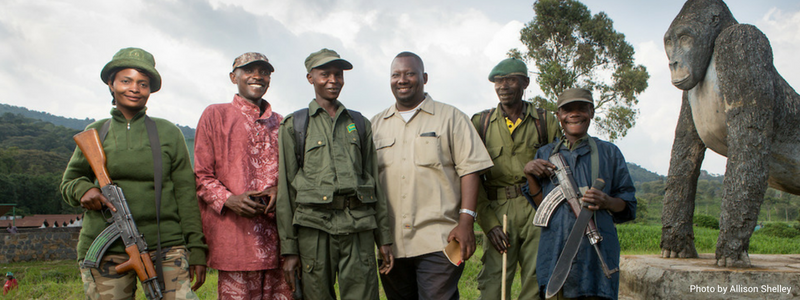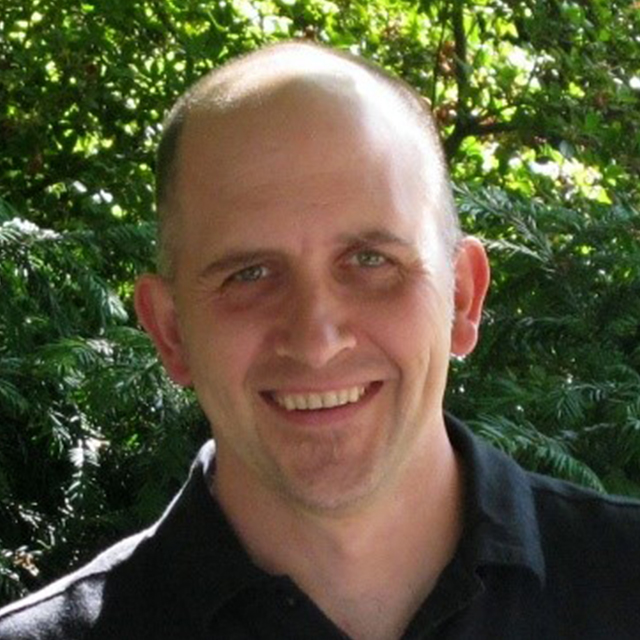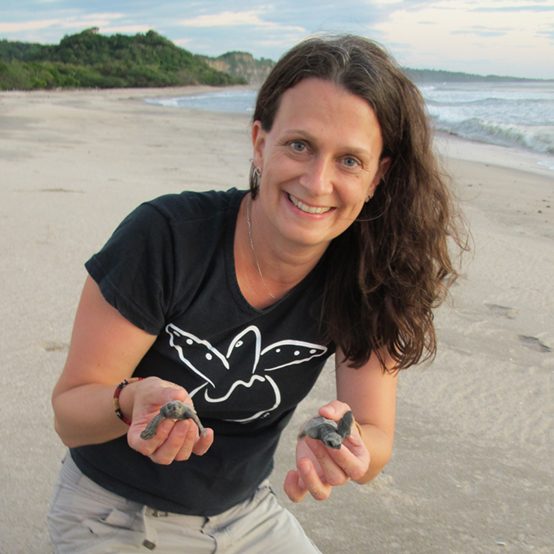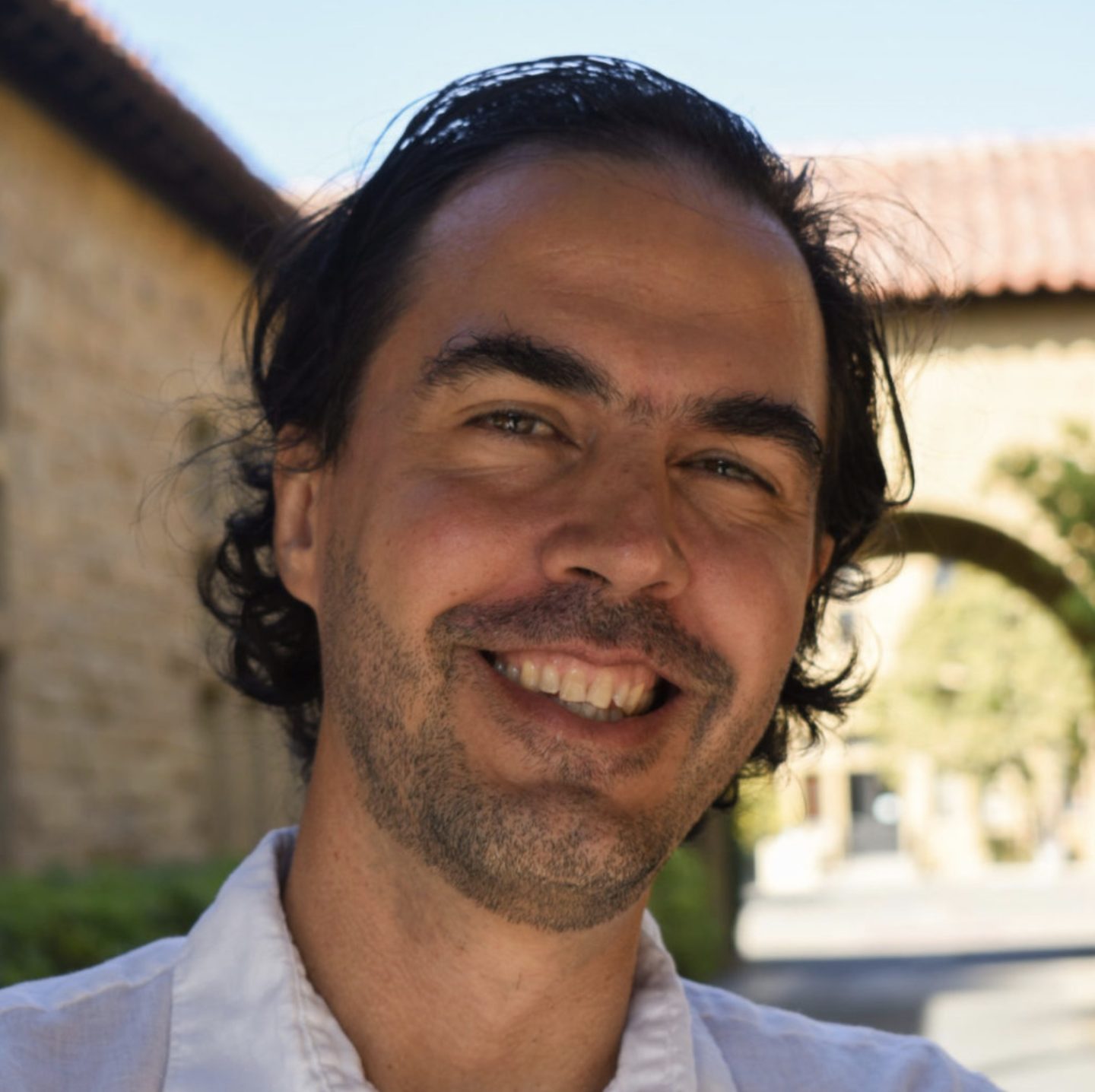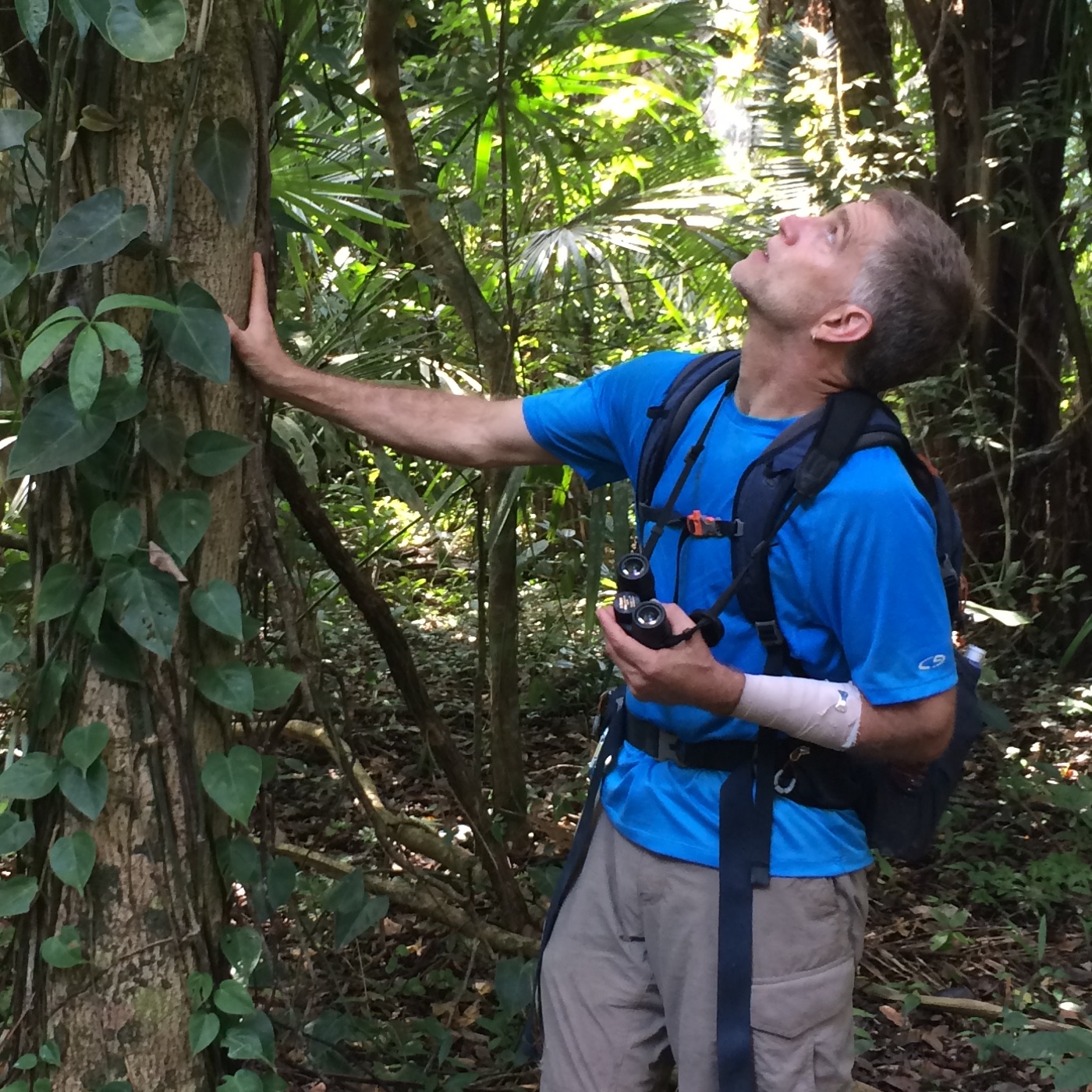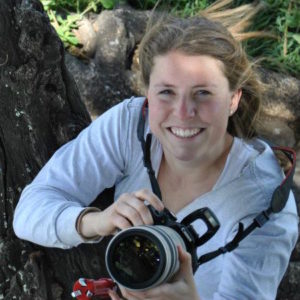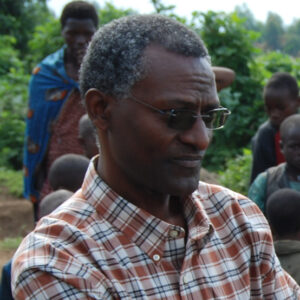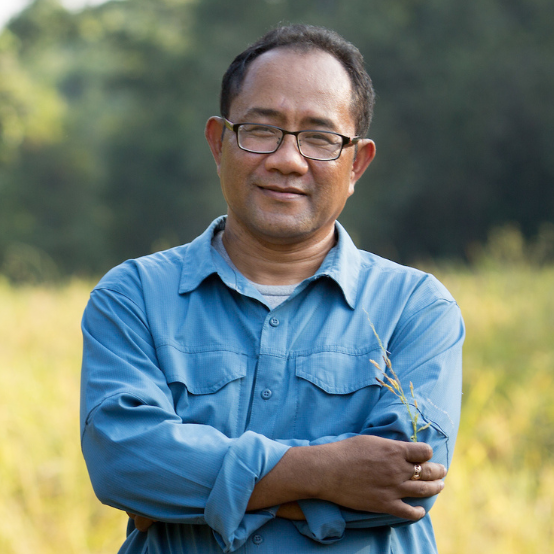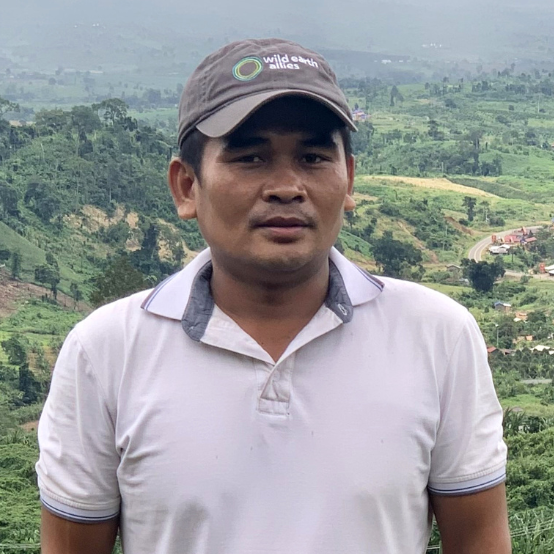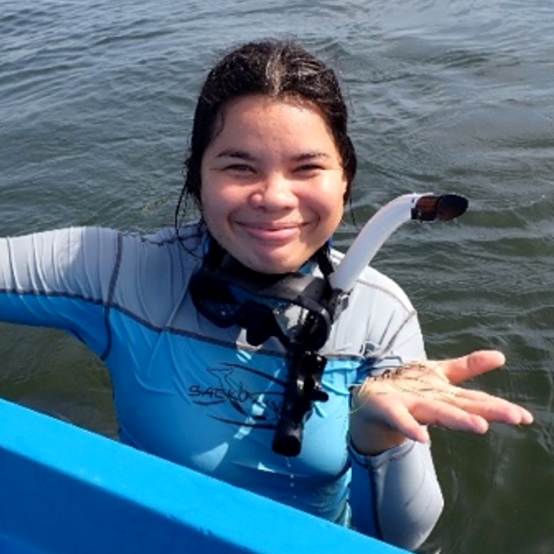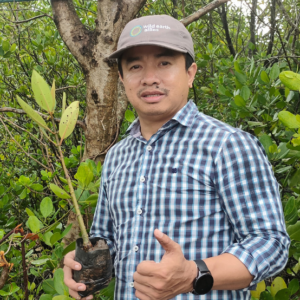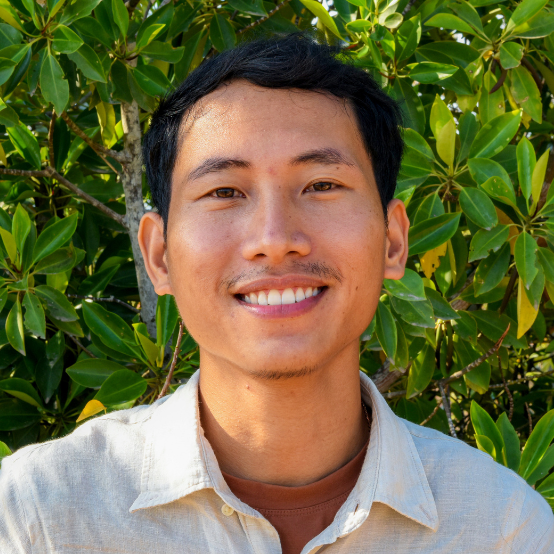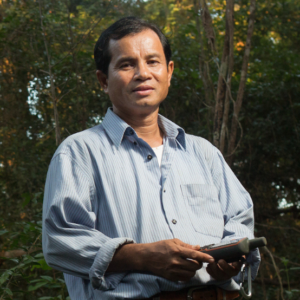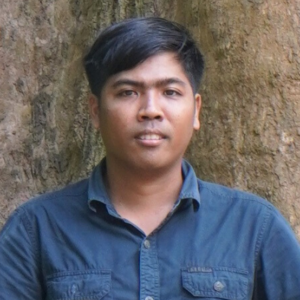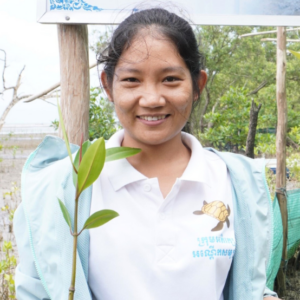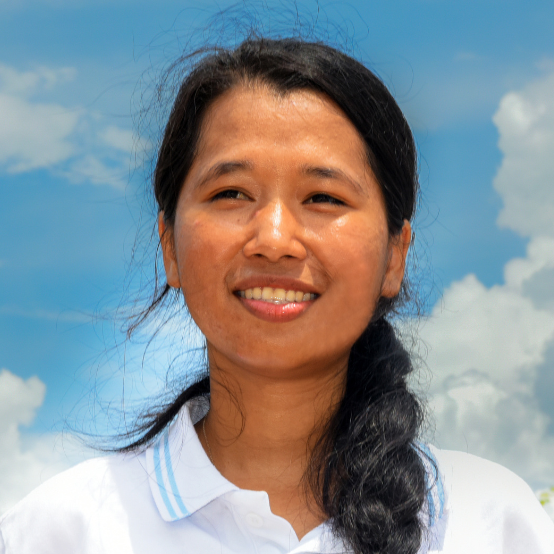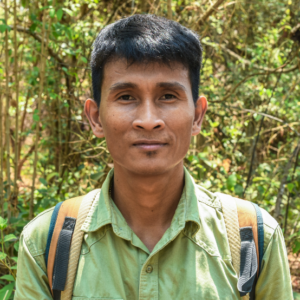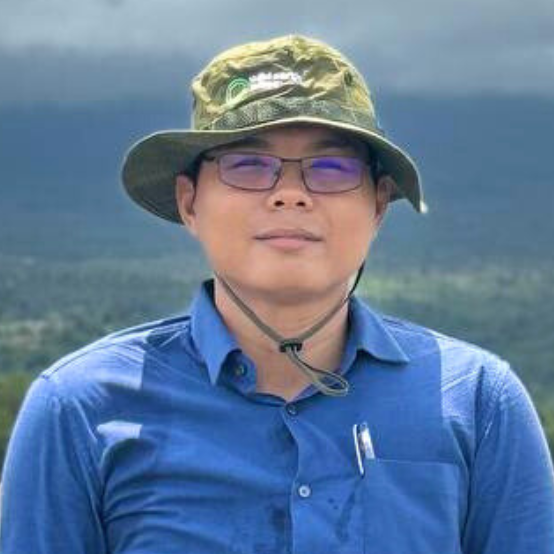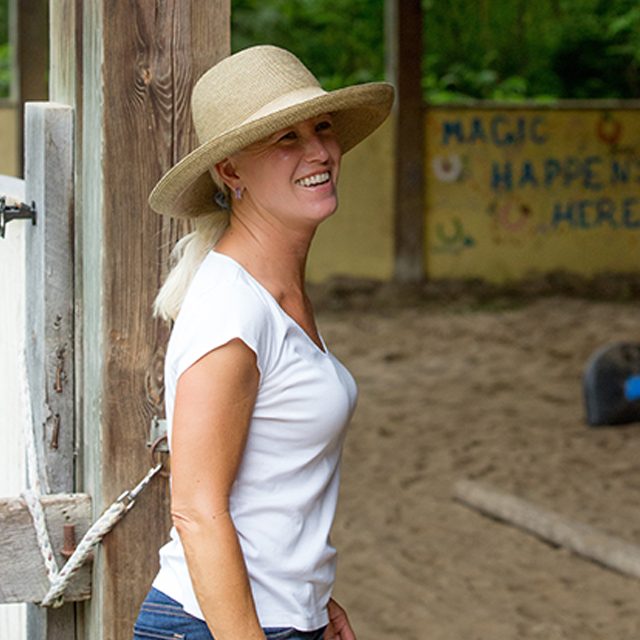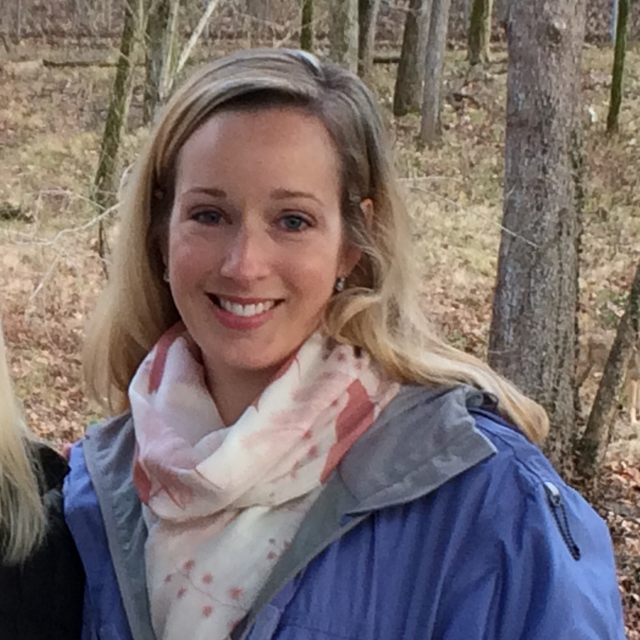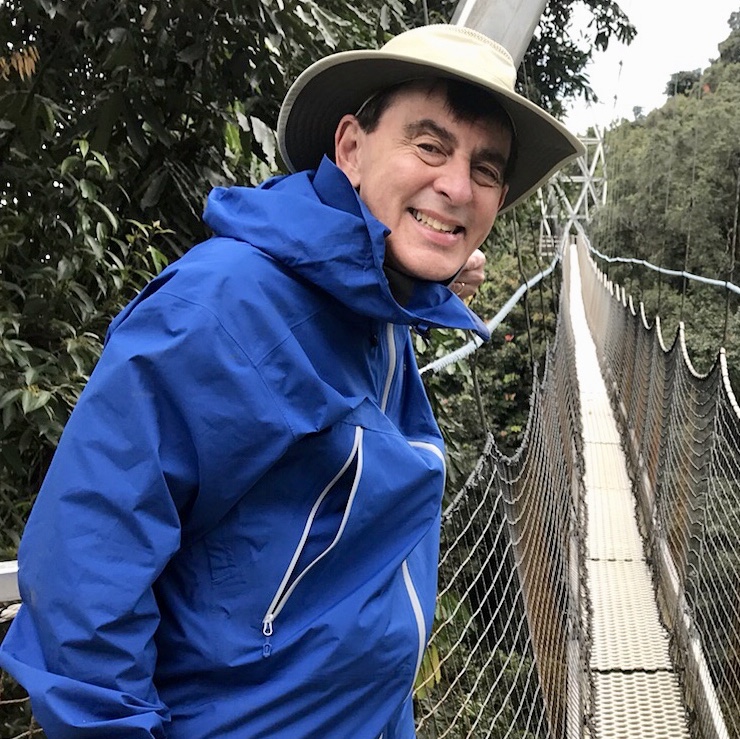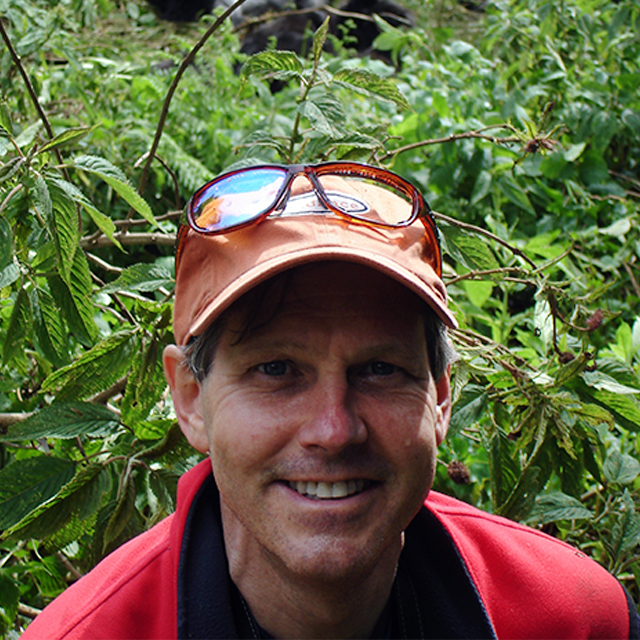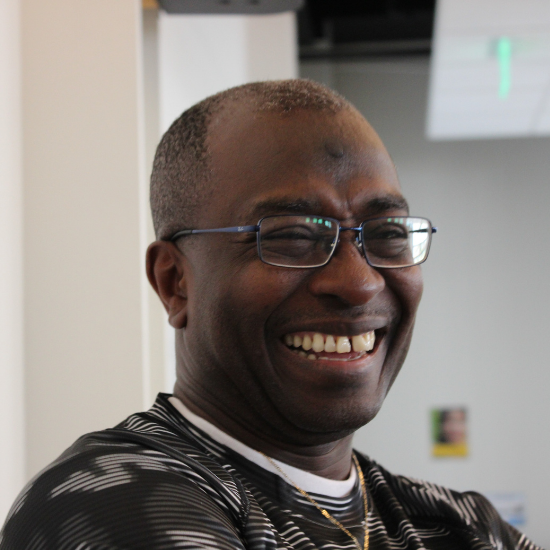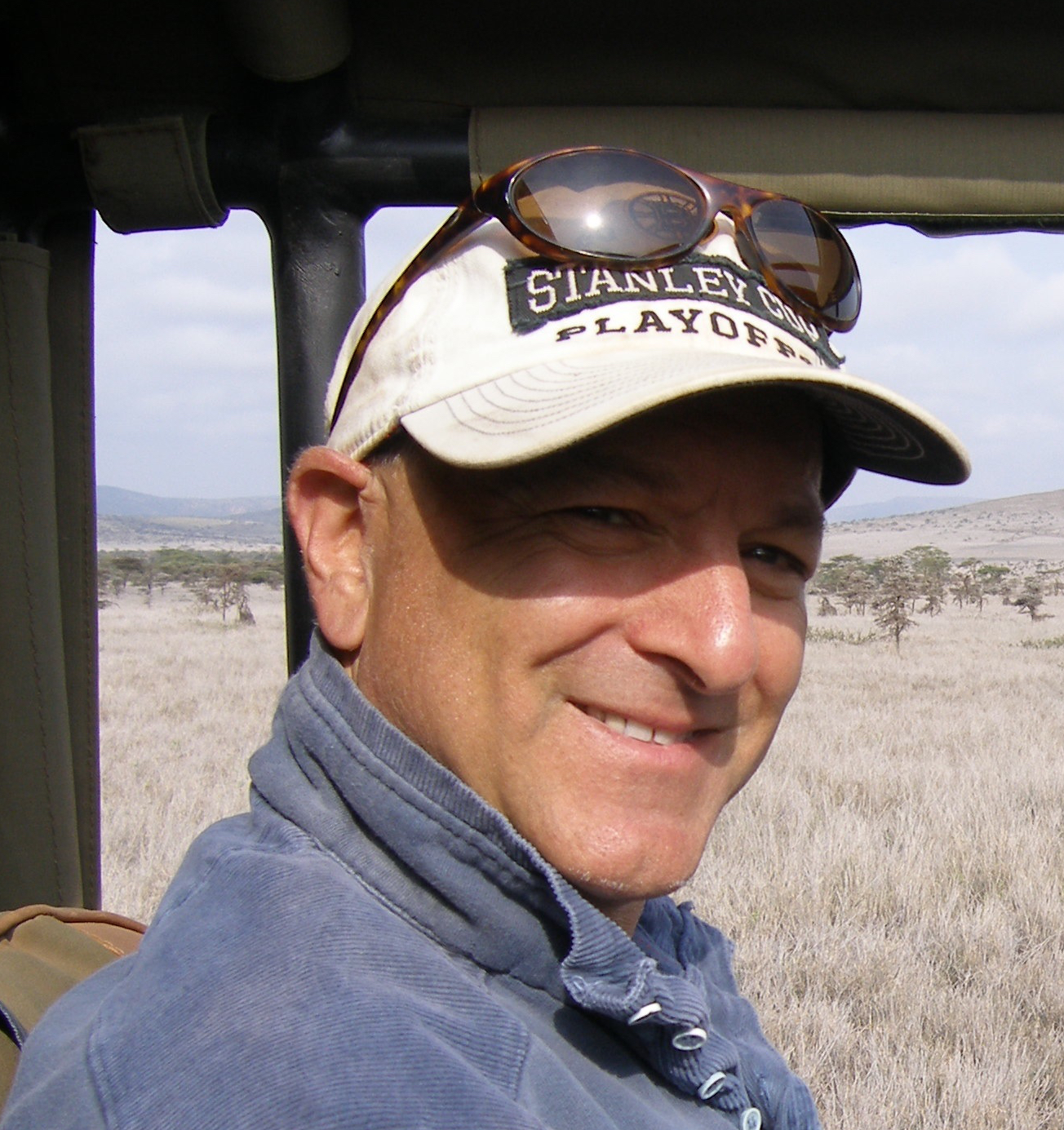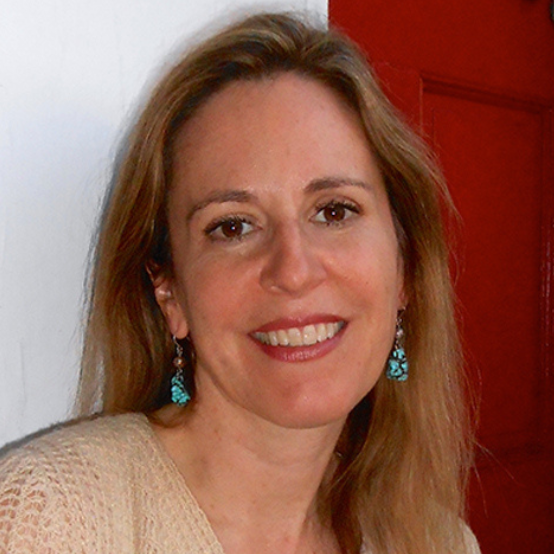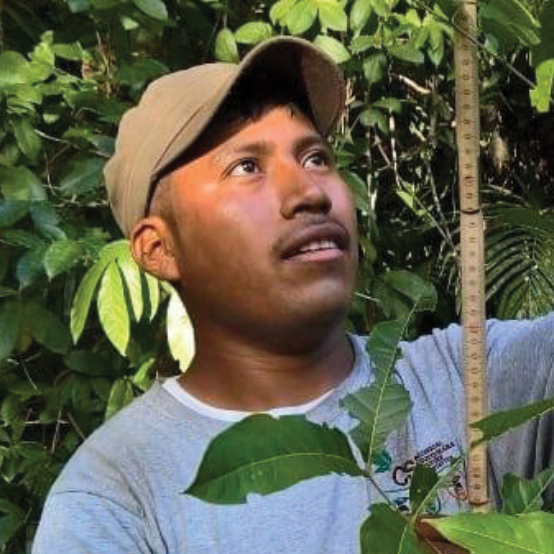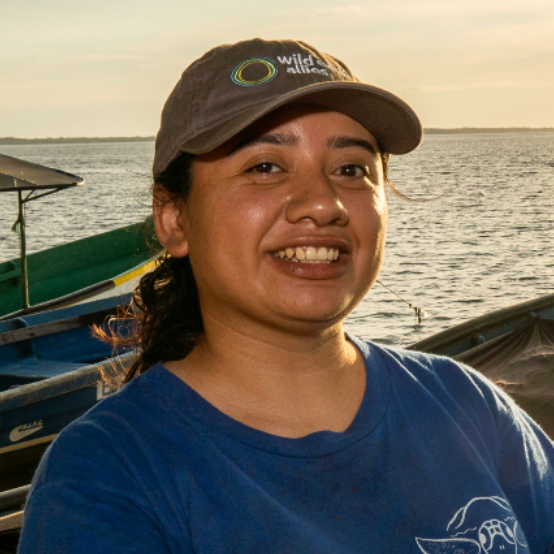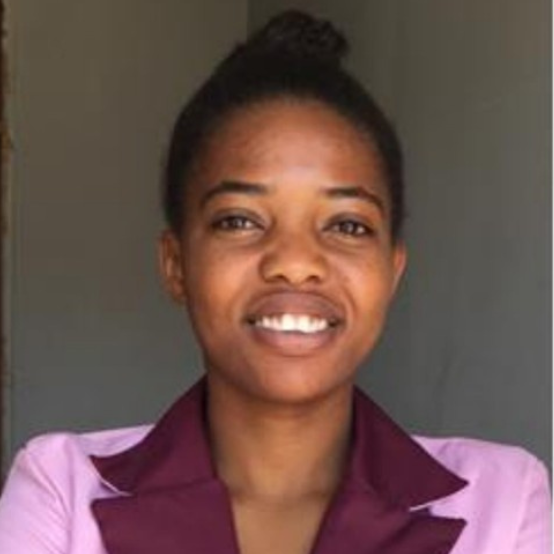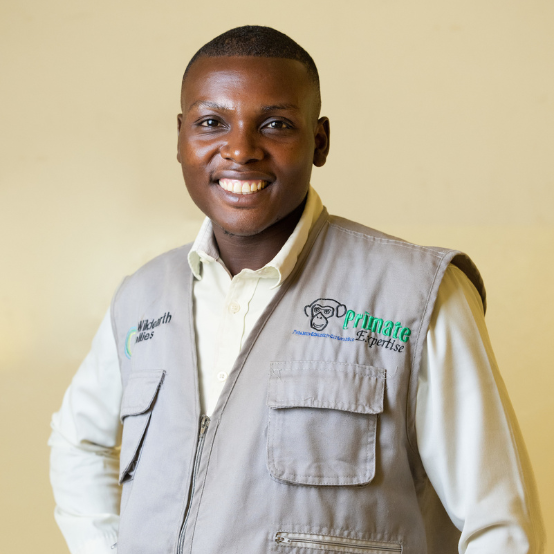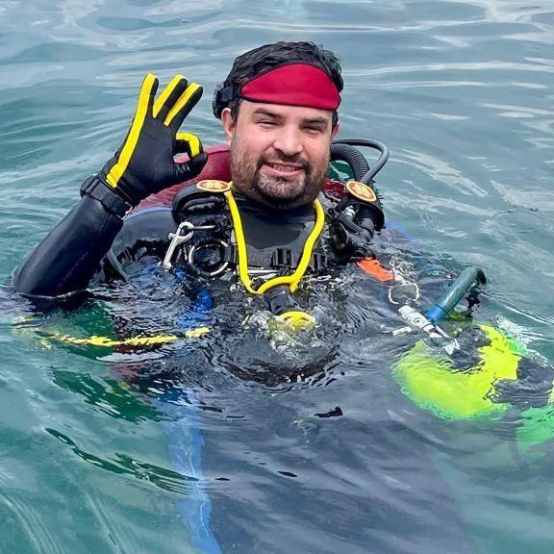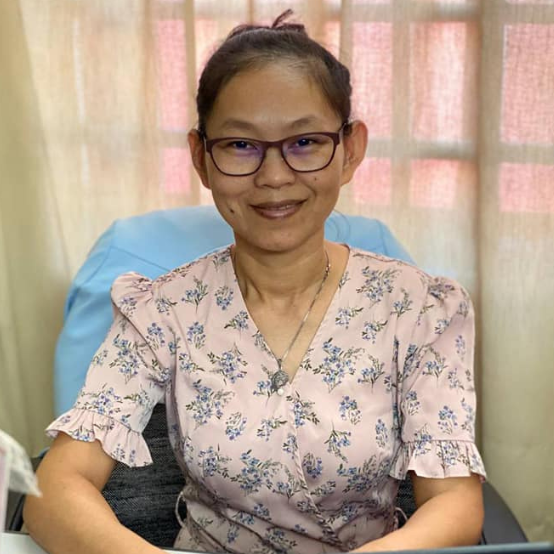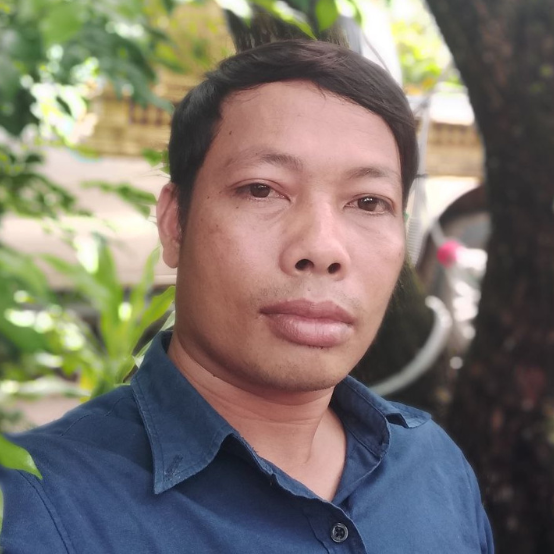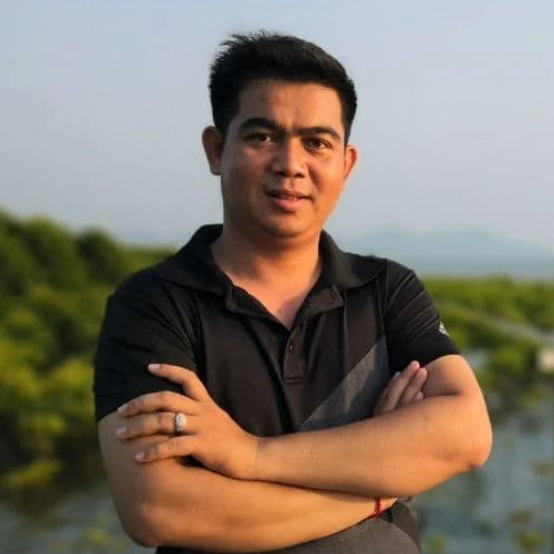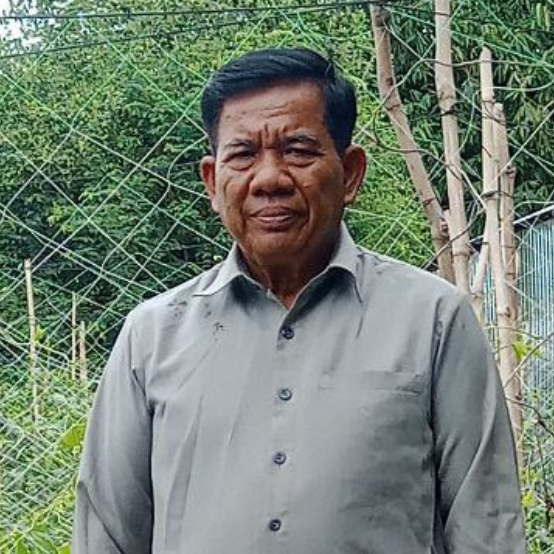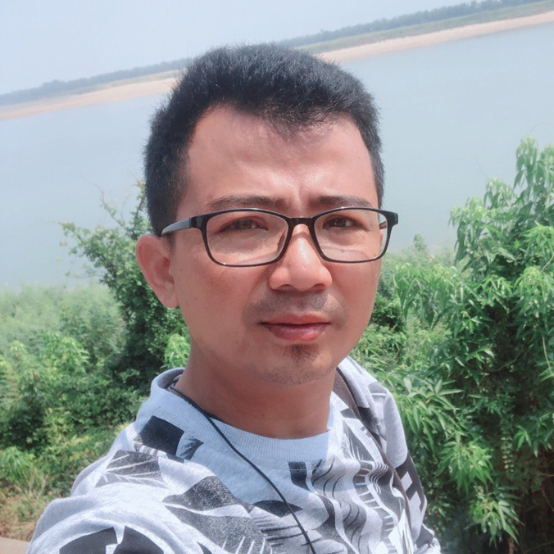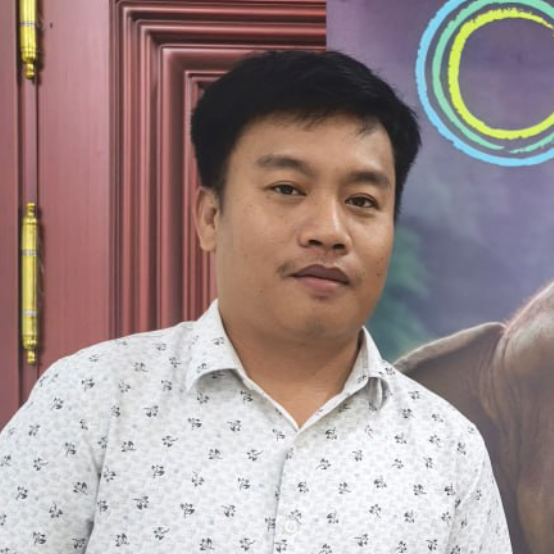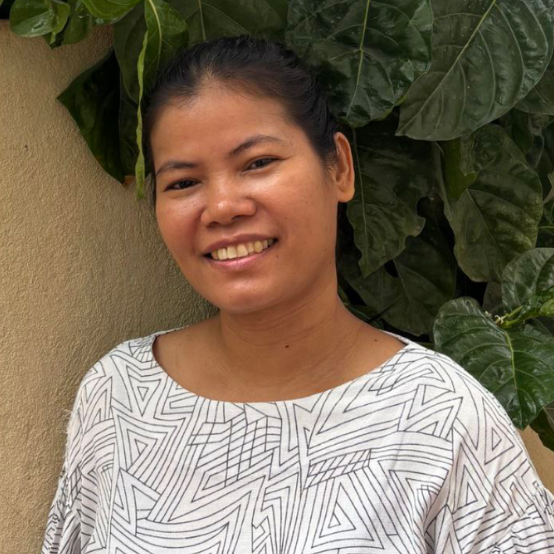If you follow Wild Earth Allies regularly, then you have probably heard us talk about our Congolese partner Primate Expertise (PEx), led by founder and executive director Dr. Augustin Basabose, many times. This partnership is essential to our great ape conservation.
So, who is PEx? We would like to share their story with you.
Democratic Republic of the Congo (DRC) is the fourth richest country in non-human primate species, yet there are a very limited number of Congolese primatologists. Dr. Basabose, being from the DRC and working on great ape conservation for over 20 years, was keenly aware of this gap. Augustin elaborates, “New local universities are being created in the region, but very few teach wildlife-oriented courses and consequently very few young students are interested in wildlife sciences, including primatology. Due to this lack of interest, there is a great concern for the long-term survival of the rich and diverse non-human primate fauna of DRC.”
In 2013, Dr. Basabose aimed to address this issue by founding PEx, the first professional institution dedicated to primate research and conservation in DRC. Primate Expertise inspires a younger generation of Congolese primatologists to be leaders in the research and conservation of non-human primates in collaboration with local communities. One such individual is PEx staff member Michael Baraka.
With a degree in biology received in 2015, Baraka was the first to conduct research on the freshwater biodiversity of the rivers in Rubenga Chiefdom, on Idjwi Island in Lake Kivu. In May 2016, Baraka attended a field training program organized by Primate Expertise on Schouteden’s blue monkey ecology and behavior in Idjwi Island. He then joined Primate Expertise and is currently supervising the monkey monitoring program on Idjwi while contributing to PEx conservation and research work in Kahuzi-Biega National Park.
Left to right, park ranger Prince Makanda watches as PEx conservation scientist Michael Baraka, tracker Luoko Mutabunga and head park ranger Mubila Kitungano place a remote surveillance camera trap in Kahuzi-Biega National Park (left); Dr. Basabose, second from right, with PEx conservation scientist Michael Baraka, third from left, and Batwa pygmy trackers, from left, Mambo Nyamurhabi, Bikulo Chipenda, Tonton Mutabunga, and Luoko Mutabunga, at the Tshibati ranger outpost just outside of Kahuzi-Biega (right).
In addition to team members like Baraka, PEx collaborates with the communities living near great ape habitat, Kahuzi-Biega park rangers, and research institutions like the Centre de Recherche en Sciences Naturelles. Wild Earth Allies and PEx share the belief that sustainable conservation is inextricably linked to community development and requires close collaboration with nearby communities.
Independent photojournalist Allison Shelley captured images of PEx team members, collaborators, and colleagues alongside Dr. Basabose in the field.
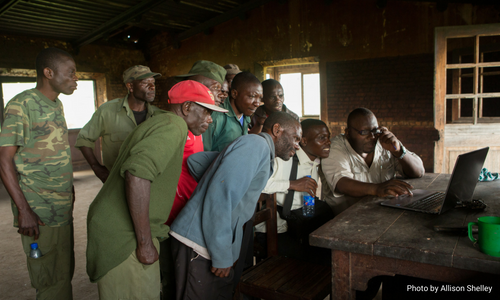
At the Tshibati ranger outpost just outside of Kahuzi-Biega, a group of rangers, trackers and PEx researchers review images captured by camera traps.
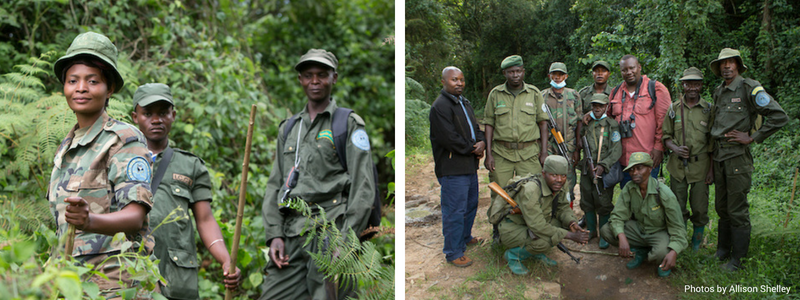 Park rangers, including Naomie Divine Kashalulo, left, stand guard as visitors observe a group of Grauer’s gorillas; Dr. Basabose, center in red shirt, poses with a group of rangers and trackers in Kahuzi-Biega.
Park rangers, including Naomie Divine Kashalulo, left, stand guard as visitors observe a group of Grauer’s gorillas; Dr. Basabose, center in red shirt, poses with a group of rangers and trackers in Kahuzi-Biega.
In the last blog post of this great ape series, we will share highlights of our work supporting livelihood development with the Batwa Pygmy community of Buyungule. For us, this is illustrative of the many shared values of PEx and Wild Earth Allies – optimism, cultural respect, and shared learning.
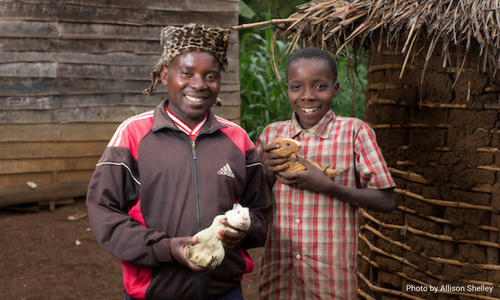
Village chief Cizungu Ntavuna, left, and his son Shukuru Kanyekuka, 15, hold guinea pigs supplied through a PEx project in the pygmy village of Buyungule.
Follow us on Facebook and Twitter, sign up for our emails, and visit our website.

